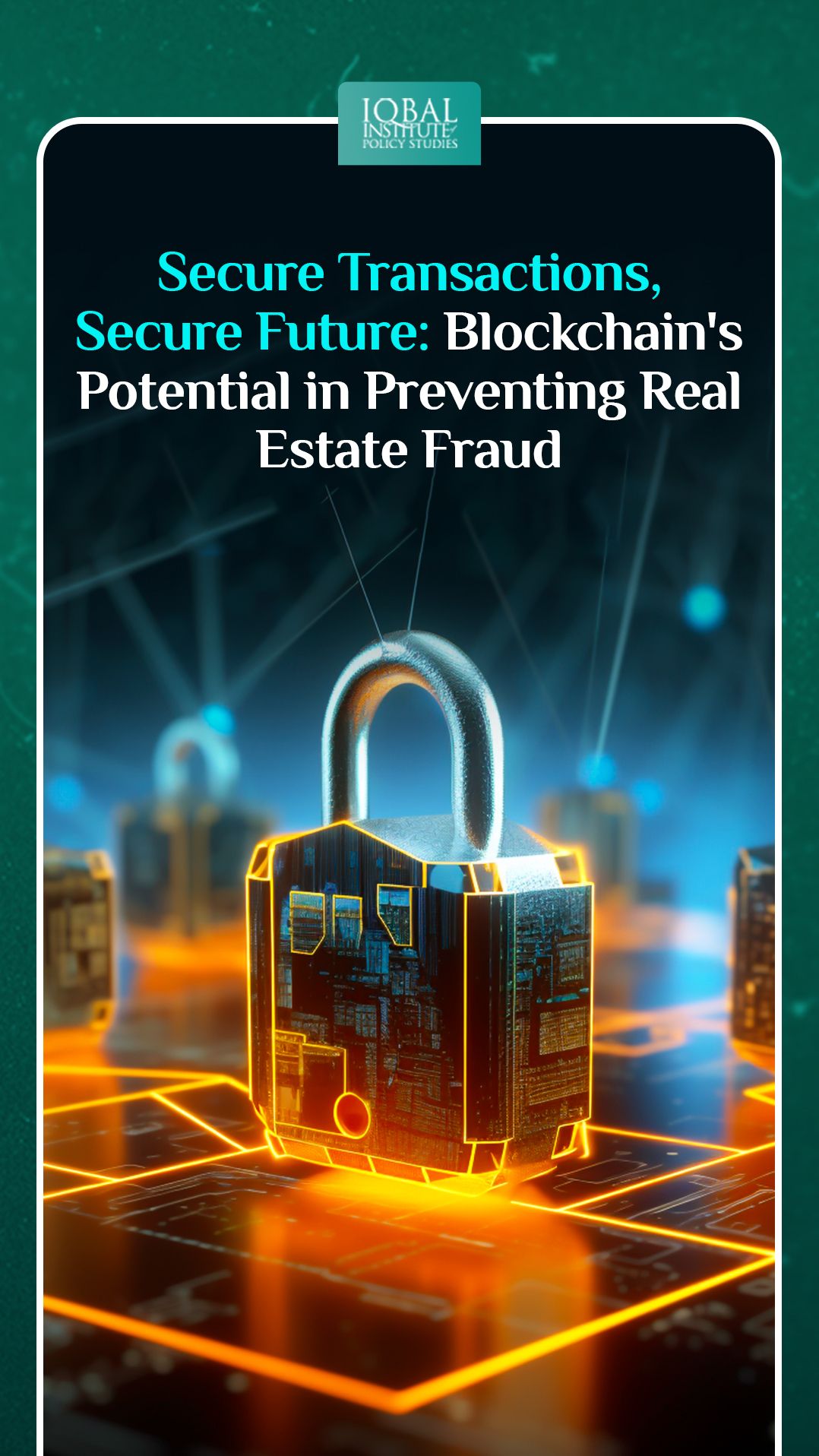In recent years, the real estate industry has experienced a digital transformation with the integration of blockchain technology, revolutionizing how transactions are conducted and reducing the risk of fraudulent activities. Blockchain, originally developed as the underlying technology for cryptocurrencies like Bitcoin, has since found applications in various industries, and its potential in preventing real estate fraud is particularly promising. In this extended blog post, we will delve into the intricate workings of blockchain technology, explore its benefits in the context of real estate transactions, and highlight its role in ensuring a secure future for the industry.
Understanding Blockchain Technology
Blockchain is a decentralized and distributed digital ledger that records transactions across multiple computers, ensuring transparency, security, and immutability. Each transaction, or “block,” is linked to the previous one, creating a continuous information chain. This technology operates on a consensus mechanism, where participants in the network must agree on the validity of transactions before they are added to the ledger. This consensus ensures that no single entity can manipulate the data, providing a tamper-proof environment.
Benefits of Blockchain in Real Estate
Transparency and Immutability
Traditional real estate transactions involve intermediaries, paperwork, and multiple verification stages, leaving room for errors and fraudulent activities. Blockchain eliminates the need for intermediaries by providing a transparent and immutable ledger of transactions. Every change or addition to the ledger is recorded, making it nearly impossible to alter past transactions without consensus from the network.
Smart Contracts
One of the most significant advantages of blockchain in real estate is the use of smart contracts. Smart contracts are self-executing agreements with predefined conditions. These contracts automatically execute when the conditions are met, reducing the need for intermediaries and streamlining the transaction process. For example, a property sale can be executed automatically once the buyer’s payment is verified, preventing delays and reducing the risk of fraud.
Reduced Intermediary Costs
Traditional real estate transactions involve various intermediaries, such as real estate agents, lawyers, and escrow services, which can lead to substantial costs. Blockchain’s decentralized nature allows parties to interact directly, minimizing the need for intermediaries and associated fees.
Enhanced Security
Blockchain employs advanced cryptography and consensus mechanisms to secure transactions. Each participant in the network has a unique private key, ensuring that only authorized parties can access and modify the data. Additionally, the distributed nature of the ledger makes it highly resistant to hacking and cyberattacks.
Immutable Ownership Records
Property ownership records are vulnerable to tampering, leading to disputes and fraudulent claims. Blockchain ensures that ownership records are tamper-proof and accurate, reducing the risk of fraudulent property transfers.
Global Accessibility
Blockchain’s decentralized nature makes it possible for parties worldwide to engage in real estate transactions without geographical constraints. This accessibility expands opportunities for cross-border investments and transactions.
Fraud Prevention
Real estate fraud can take various forms, such as title fraud, mortgage fraud, and identity theft. Blockchain’s transparency and authentication mechanisms make it exceedingly difficult for fraudsters to manipulate property records or impersonate legitimate property owners.
Realizing Blockchain’s Potential: Use Cases in Real Estate
Title Verification and Ownership Transfer
Blockchain can streamline the title verification process by providing an unalterable record of ownership history. This reduces the risk of fraudulent property transfers and ensures buyers purchase properties from legitimate owners.
Property Listings and Transactions
Blockchain-based platforms can facilitate property listings, transactions, and due diligence processes. Buyers and sellers can interact directly, verify property details, and execute transactions using smart contracts.
Land Registry and Documentation
Blockchain can digitize land registry and property documentation, ensuring that records are secure, accurate, and easily accessible. This can significantly reduce paperwork and administrative burdens.
Tokenization of Real Estate Assets
Tokenization involves representing real estate assets as digital tokens on the blockchain. This allows fractional ownership and easier transfer of ownership, opening up investment opportunities to a broader range of investors.
Challenges and Considerations
While the potential benefits of blockchain in real estate are significant, there are challenges that must be addressed:
Regulatory Framework
Integrating blockchain technology into the real estate industry requires careful consideration of existing legal and regulatory frameworks. Policymakers must adapt to the evolving landscape to ensure blockchain transactions are legally recognized.
Data Privacy
Blockchain’s transparency can pose challenges regarding data privacy and protection. Striking a balance between transparency and privacy is crucial to ensure compliance with data protection regulations.
Adoption and Integration
Widespread adoption of blockchain technology in the real estate industry requires infrastructure, education, and training investment. Stakeholders need to be educated about the benefits and functionalities of blockchain to encourage its adoption.
Interoperability
For blockchain to reach its full potential in real estate, different platforms and systems must seamlessly communicate. Interoperability standards must be established to ensure compatibility across various blockchain networks.
Conclusion
The real estate industry benefits greatly from integrating blockchain technology, particularly in preventing fraud and enhancing security. Blockchain can revolutionize how real estate transactions are conducted by providing transparency, immutability, and efficiency. As the industry continues to embrace digital transformation, stakeholders must collaborate to address challenges and harness the full potential of blockchain to create a more secure and trustworthy future for real estate transactions. With careful planning, innovation, and regulatory adaptation, blockchain can be pivotal in shaping the next era of secure real estate transactions.
This article is written by Radma Nouman. Radma is a research analyst at the Iqbal Institute of Policy Studies (IIPS).



Leave a Reply